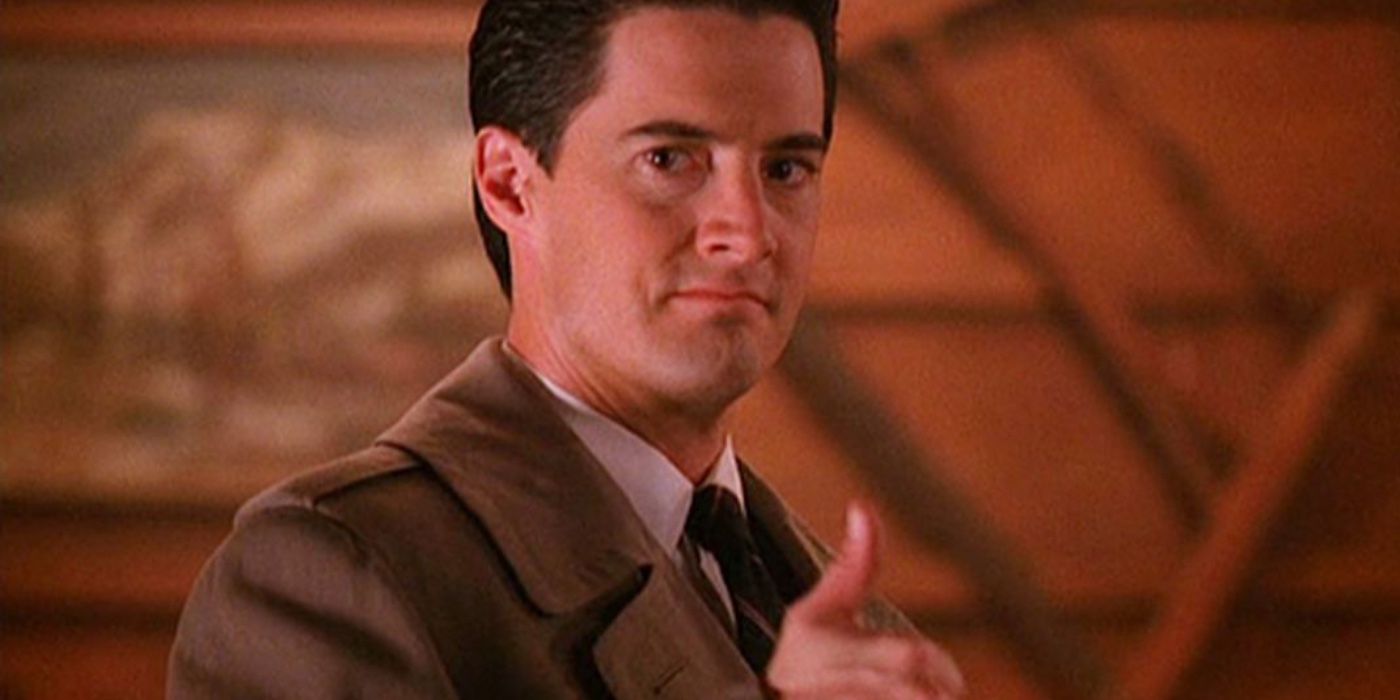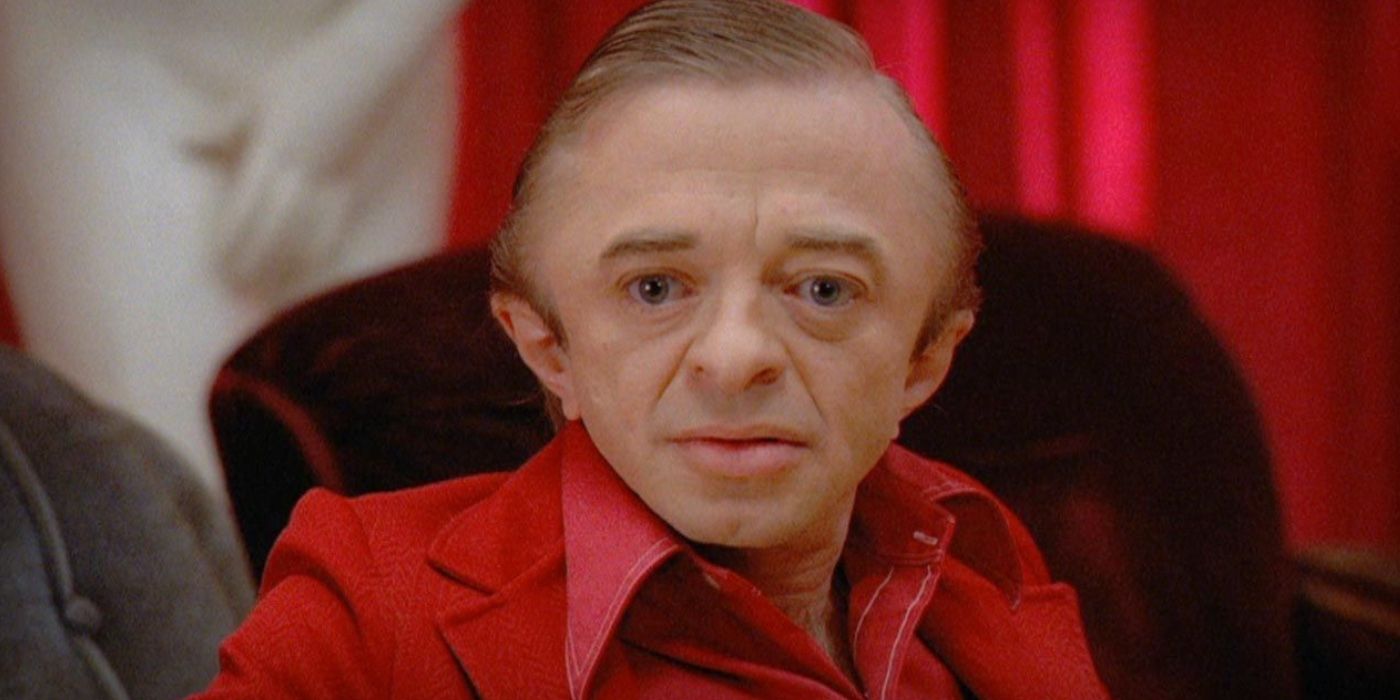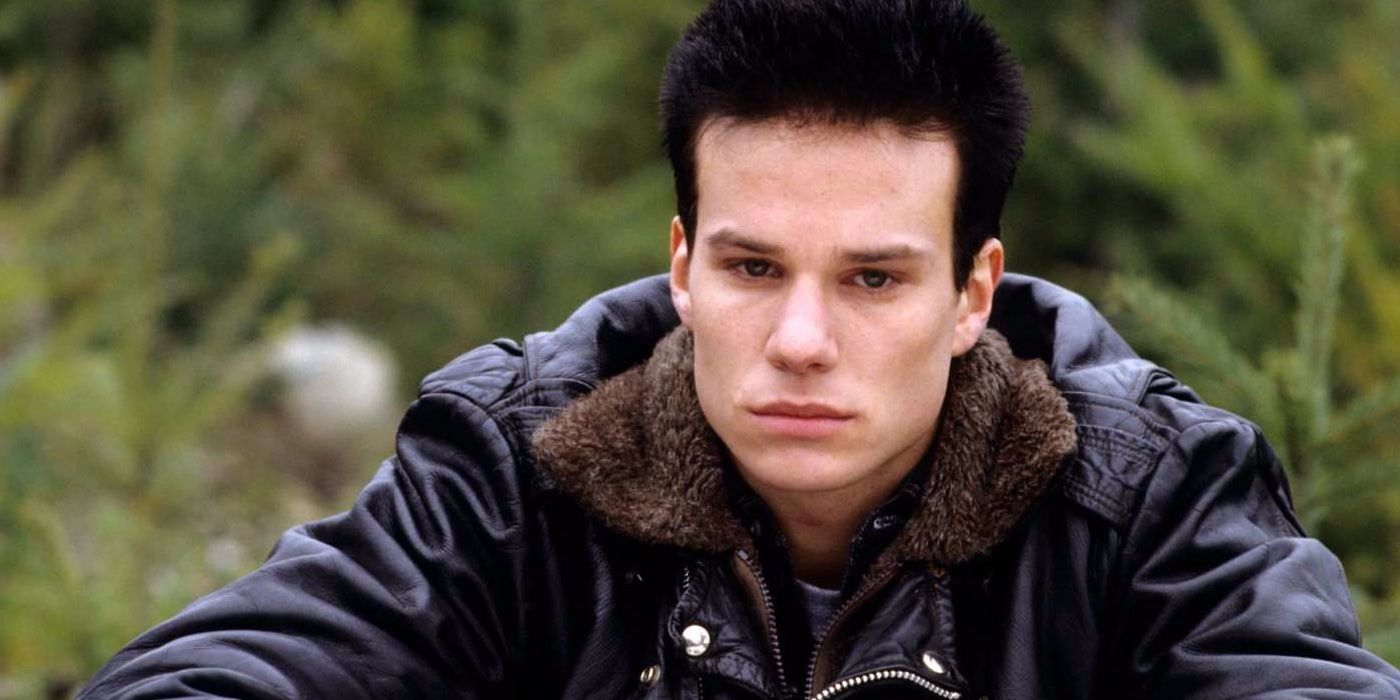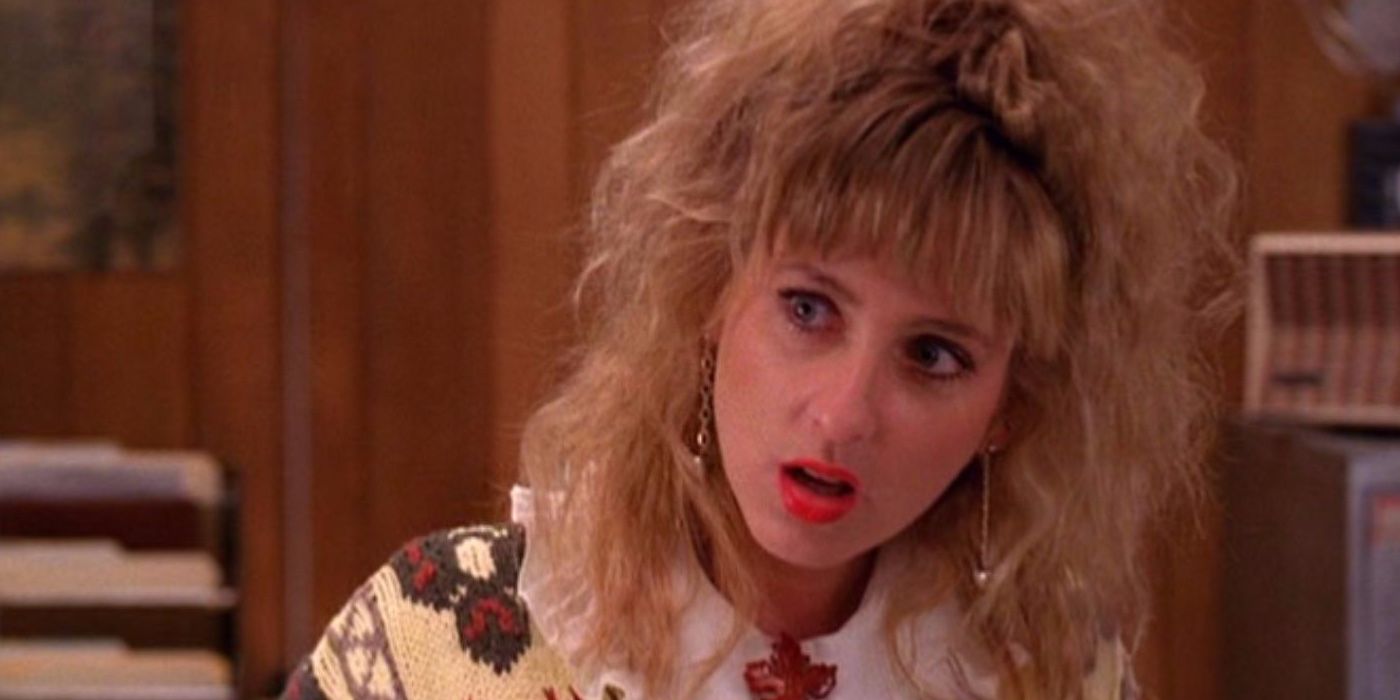Twin Peaks is widely considered one of the best and most influential television shows ever produced. It ranked at number seventeen in Rolling Stone’s list of the 100 Best Television shows of all time in 2016. It also made the list on TIME’s 100 Best TV Shows of all time in 2007. It combined various genres, from science fiction to horror to whodunit to soap opera, creating a television smorgasbord. It was a critical and commercial success at first, but a mix of bad luck, poor decisions by network executives and a questionable creative direction led to plummeting ratings and, eventually, cancelation.
It is fair to say that very few, if anybody, would ever receive the opportunity that David Lynch got with Twin Peaks, a show that defied definition and where effect was paramount to story. But it paid off. Twin Peaks became an instant success. The two-hour pilot gained a 22-point rating (which translates to about 34.6 million viewers). It was the most successful episode of a TV show during the 1989-1990 season. Its first regular one-hour episode gained ABC’s highest rating in its timeslot in four years with a 16.2 rating (23.2 million viewers).
Although the show lost viewers over the course of the season, it was still considered a hit. Nonetheless, frustration began to build among executives and producers, although for different reasons. While executives lamented the drop in ratings, producers questioned the timeslot, going head-to-head with another hit show: Cheers. "The show is being banged around on Thursday night. If ABC had put it on Wednesday night it could have built on its initial success. ABC has put the show at risk," one executive said. Yet, ratings were still great with the season finale drawing a 12.6 rating (18.7 million viewers). Renewing the show for another season was a no-brainer.
But the honeymoon soon ended. ABC pushed for a conclusion of the Laura Palmer murder mystery that had been the main storyline since the pilot, while Lynch and Mark Frost, the other co-creator, had intended to leave the mystery unresolved. Lynch directed the episode before departing the show. The episode would mark the last highpoint, with 17.2 million viewers. After that, the ratings took a hard fall, bottoming out at 7.4 million viewers for the third-to-last episode.
There are several reasons as to why Twin Peaks met its downfall. First, the driving mystery of the show had been resolved, and the storylines and characters took increasingly bizarre turns. At the same time, the network began maneuvering the show from its Thursday timeslot to Saturdays, much to the dissatisfaction of its producers. "We're looking forward to having Twin Peaks on any night but Saturday. Our fans have proven it's not a Saturday night show," a spokesman told the New York Times in February 1991. The show had been put on an “indefinite hiatus,” 16 episodes into Season 2, with six more episodes scheduled. The fact that the show was often pre-empted by coverage of the Gulf War was also not helpful.
Mark Frost told Entertainment Weekly a month later that "[o]ur audience doesn't stay home on Saturdays […] We'd like to be on a weeknight — that gives people a chance to talk about it the next day at the office."
The show resumed on March 28 and ran until April 18 for another four episodes. The two-part season finale aired on June 10, 1991, and was, once again, directed by the returning David Lynch.
Over the years, Twin Peaks has become a cultural phenomenon. To fans' delight, in 2017, the show finally returned for a limited series of eighteen episodes. This time, Lynch directed all of them. He is even openly thinking about a possible fourth season (albeit not in the near future). Whether or not that materializes is less dependent on ratings this time, though.




